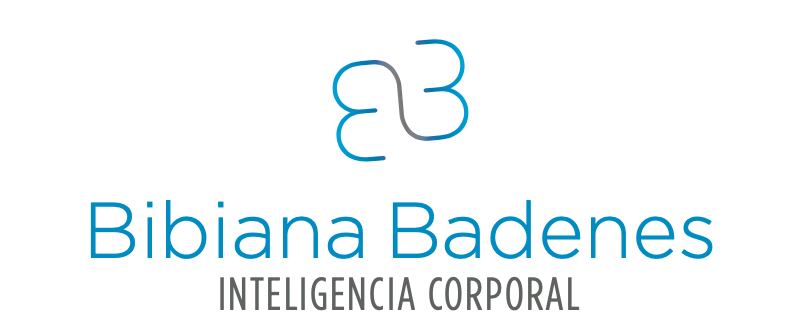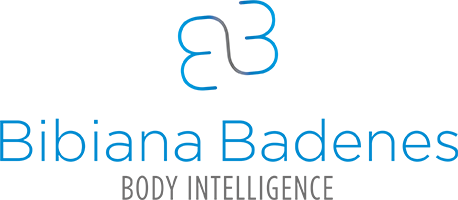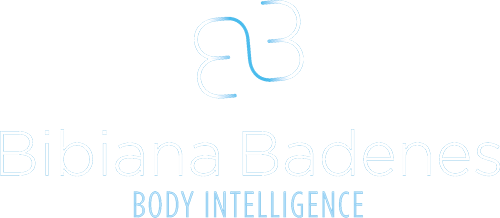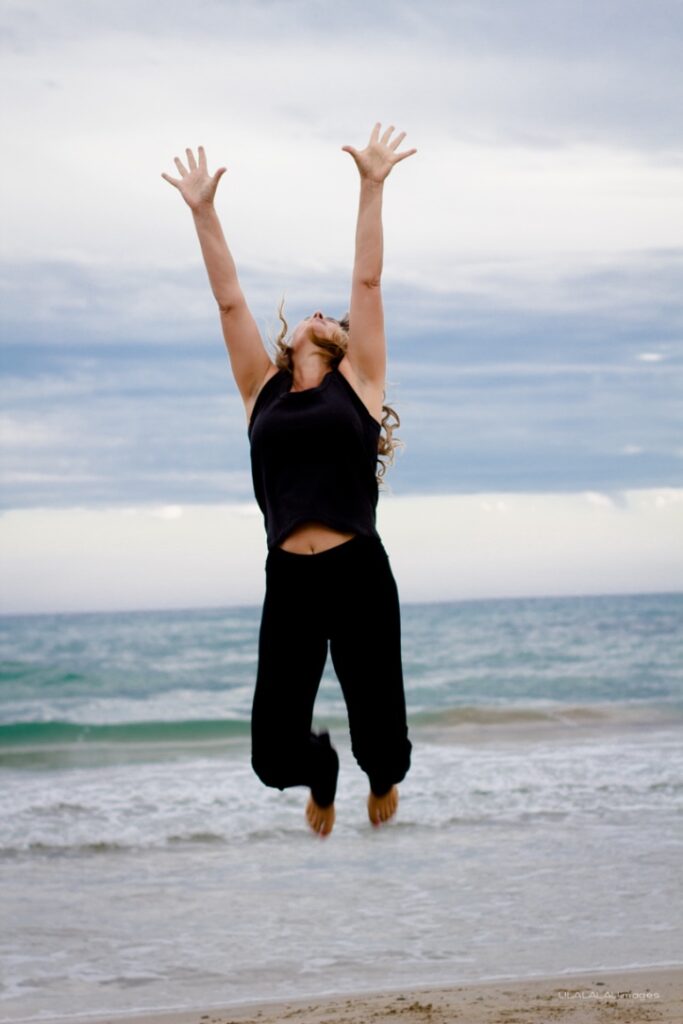One of the most remarkable characteristics of human beings is their bodily intelligence, an innate ability to move, adapt and learn through the body. This type of intelligence manifests itself in coordination, agility and the ability to perform complex physical tasks.
Bodily intelligence is not only a physical skill, but also a crucial way of interacting with the world. It allows us to express emotions, release tension and connect with our environment in meaningful ways. However, modern life has minimised the use of this capacity, confining us to a predominantly sedentary way of life.
Modern life: A world not designed for humans.
Modern life has imposed a routine that contrasts drastically with our biological and evolutionary needs. In today’s society, sedentary lifestyles have become the norm.
We spend approximately eight hours sitting at work, seven hours sleeping, two hours sitting at lunch and at least one hour sitting in transport. Add in the leisure hours on social media, TV, etc., and it adds up to many more.
This daily pattern reveals an uncomfortable truth: modern life is not designed for humans. Instead of supporting our innate nature, we find ourselves trapped in an environment that contradicts our biological and evolutionary needs.
This daily routine leaves us little room for movement, and even more alarmingly, we have reached the point where we have to schedule time specifically to use our bodies.
This inactivity is in stark contrast to the evolutionary history of humans, a species that has thrived on constant mobility.
A vicious circle of inactivity.
Technological progress and urbanisation have made our lives easier in many ways, but they have also contributed to an increasingly sedentary lifestyle.
Office work, classroom education, the use of cars to get around and digital entertainment have significantly reduced the time we spend in physical movement.
This change has created a fundamental mismatch between our environment and our evolving needs. This lack of activity affects not only our physical health, but also our emotional and mental health.
Human beings are the result of millions of years of evolution, during which we have developed physical and mental capacities optimised for an active and varied lifestyle. Historically, our ancestors spent much of their day on the move. Whether hunting, gathering, building or simply moving around, physical activity was a constant.
This movement was not only vital to our survival, but also to our physical and emotional well-being.
From our first steps, movement has been essential to our cognitive and physical development. Babies explore their environment through movement, learning about space, coordination and cause and effect. As we grow older, physical play and exploration continue to be essential to our social and emotional development.
Games, running, jumping and dancing not only develop motor skills, but also foster creativity, cooperation and problem solving.
However, this capacity is currently under-utilised.
Recognising the importance of movement and making conscious lifestyle changes is crucial to staying healthy.
The paradox of modern success: when not moving becomes an achievement.
In our society, especially among the affluent, success is often measured by the ability to avoid physical tasks. Having someone to do things for us, from cleaning the house to preparing meals, is considered a status symbol.
In this context, not moving is seen as an achievement, an indication that we have reached a level of comfort and prosperity.
However, this paradox of modern success leads to an absurd situation: driving our cars to gyms to run on treadmills.
The idea that success implies a life free of physical exertion has become deeply ingrained in our culture. Automation and task delegation are perceived as advances that free us for more “higher” or productive activities. However, this perspective ignores the fundamental needs of our bodies.
Extreme comfort, while attractive, comes at a cost. By reducing our opportunities for natural movement, we are compromising our health. The human body is designed for activity, and by avoiding movement, we face a range of health problems both physical and mental.
As our daily activities have become increasingly sedentary, we have had to introduce sport, yoga, pilates or other practices as a way to compensate for the lack of natural movement in our lives. However, this need for structured physical exercise is a patch for a deeper problem: a profound mismatch in our way of life.
The need to compensate for our inactivity with structured exercise underscores the disconnect between our modern lifestyle and our biological needs.
The irony of the gym.
The irony is that, despite our ability to avoid movement in our daily activities, we feel compelled to seek structured exercise in gyms. We drive to these temples of fitness to simulate physical activities that we could do in our everyday environment. We run on treadmills, lift weights and pedal stationary bikes, activities that in a natural context would be part of our daily routine.
The imperative of sport in an inactive society: a patch for a bigger problem.
It’s not just about exercise, but about regaining the natural mobility that is essential for our species. We are made to move, and by doing so, we not only improve our physical health, but also our overall quality of life.
We are not just talking about sport or structured exercise, but about movement in its most basic and natural form. Walking, stretching, playing, dancing – all of these activities are ways of using our bodily intelligence.
In an ideal world, movement would be an integral and natural part of our lives. We would not need to allocate specific time for exercise because our daily routine would already include enough physical activity to keep us healthy.
To align our modern lives with our human needs, it is crucial to make conscious changes that allow us to use our bodies more fully.
Changing Perspective
The key to meaningful change lies in changing our perspective on movement. Instead of seeing it as an obligation or an additional chore, we should see it as an integral and natural part of our daily lives. By revaluing movement, we can improve our physical and mental health without relying solely on structured sport.
While we seek comfort and efficiency, we sacrifice our health and well-being. Lack of movement in our daily lives has significant consequences. Inactivity contributes to the development of chronic diseases such as obesity, type 2 diabetes and cardiovascular disease.
But beyond the physical problems, this lifestyle also affects our emotional health. Lack of physical activity is linked to increased levels of anxiety, depression and other mood disorders.
In addition, the monotony of our daily routines can lead to a feeling of dissatisfaction and disconnection. The repetitive and static nature of our activities can make us feel stuck and purposeless, exacerbating mental health problems.
The popularity of yoga and Pilates has grown significantly in recent decades, and while these practices offer numerous benefits, they may not be sufficient to provide the variability needed to balance our bodily intelligence.
This lack of variability can limit the brain’s ability to adapt and learn through movement, which is crucial to our physical and emotional health.
The wellness and health industries have promoted these practices as almost magical solutions to stress and inactivity, which has contributed to their popularity.
The Need for Variability in Movement
The brain needs variability to develop and function optimally. Variability in movement stimulates different areas of the brain and promotes neuroplasticity, which is the brain’s ability to adapt and reorganise itself. Lack of diversity in movement can contribute to stress and anxiety.
Repetitive and structured movements do not offer the same emotional relief as varied and spontaneous physical activities.
Therefore, to align our modern lives with our human needs, it is crucial to make conscious changes that allow us to use our bodies more fully. Here are some practical approaches:
- Movement breaks during work to stretch or walk, mindful breathing, mindful and somatic movement practices.
- Outdoor activities: Prioritise activities that connect you with nature, from walking to gardening. Incorporate walking into your daily routine, such as walking part of your commute to work.
- Regular exercise: Make time each week for different activities that you enjoy.
- Dynamic posture: Use standing desks or ergonomic chairs that encourage movement. Play and fun: Bring back playful activities that encourage movement and social interaction, such as games, recreational sports or dance.
- Dance combines cardiovascular exercise with emotional expression and socialisation. Dancing regularly improves coordination, muscle strength and cardiovascular health, as well as being a fun and liberating way to move.
- Redesign urban spaces: create environments that promote physical activity. Cities with green spaces, pedestrian routes and cycle paths can encourage people to move more.
- Social perception: adults often perceive playful movement as inappropriate or unserious.
- Don’t let your leisure time be in front of a screen.
Bodily intelligence is an invaluable capacity that needs to be cultivated and maintained throughout our lives. Beyond structured exercise, it is essential to rediscover and reintegrate natural forms of movement into our daily lives.
In doing so, we not only improve our physical and mental health, but also reconnect with a fundamental part of what it means to be human.
Incorporating movement in all its forms helps us to live fuller, more balanced and healthier lives. If we also integrate body intelligence with conscious movement, we not only improve physical performance, but also foster emotional and mental wellbeing. It allows us to manage stress, improve concentration and strengthen self-esteem by experiencing greater mind-body alignment and harmony.
This integration facilitates a more holistic and fulfilling life experience, where physical movement is not simply a mechanical activity, but a conscious and meaningful expression of the individual.


 Español
Español


